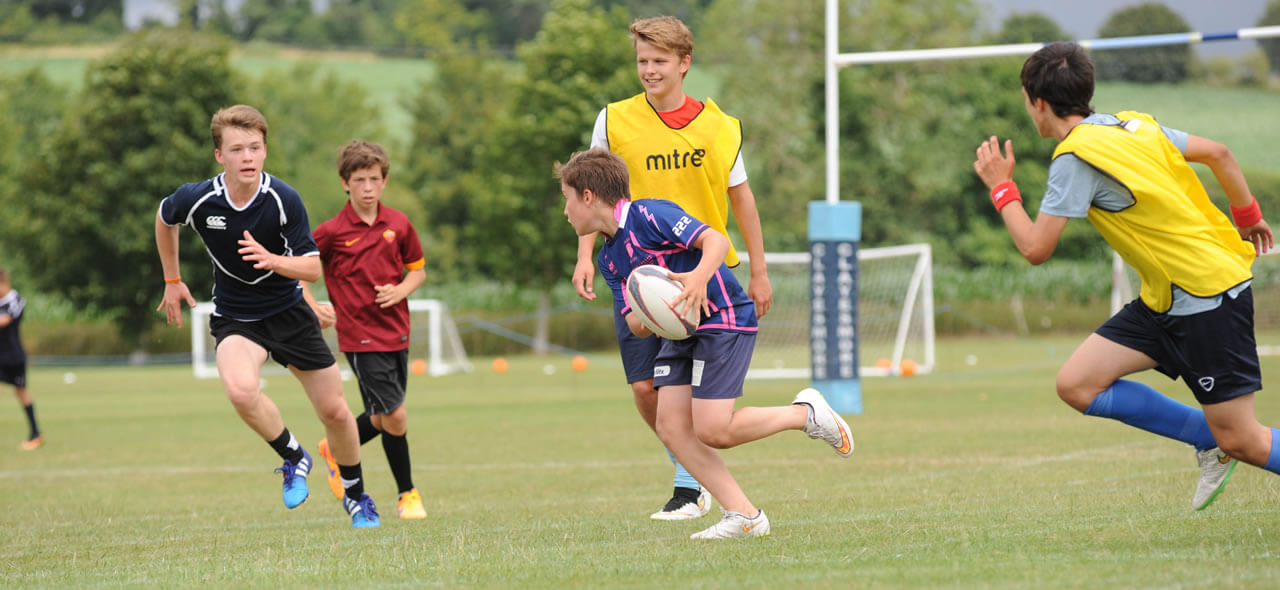
Specific Practice For Specific Learning
Game Play vs Specific Skill Practice
Two quotes to start us off - extra points if you know who they are (answers at the end):
"We are what we repeatedly do. Excellence, then is not an act it is a habit"
"...in any physical activity effective practice requires repeated execution of the skill involved... there is a need to concentrate on refining skills techniques to a point where different skills become a matter of habit"
The current dominant practice modality is learning through games / teaching games for understanding. This is an excellent way to develop an understanding of the context for which positional and technical skills can be applied.

How about the development of rugby specific skills? How long do you spend on the lateral pass, half-back pass, kicking variety, lineout throwing in etc. You can break these down even further, why not spend time working on the many skills surrounding catching the ball? It may seem simple, but it can go a long way!
Very often coaches fail to address the technical aspects, mainly due to time constraints. Some also fail also to apply simple coaching methodology - an understanding of competence. Skills can very often breakdown in a game- but this is rarely addressed. This failure of ability to perform is a demonstration of a lack of competence in the learning of that skill and the coach needs to be aware of this pathway. Here's a simple breakdown of varying skill levels:
Try and guide your players through these skill levels:
Unconciously Incompetant: They don't know that what they are doing is wrong, and they perform the skill incorrectly.
Conciously Incompetant: They start to be aware that their actions are wrong and that they are performing the skill incorrectly but cannot change the outcome.
Conciously Competant: They can perform the skill properly with the correct outcome but they have to think about the execution of it. This often slows down decision making and performance.

Unconciously Competant: They are performing the skill correctly in the right situation without any cognitive process required. It becomes an automatic process, these performers are often perceived as having more time in the decision making process, therefore displaying higher competence. Simply put; through spending less of their valuable brain power on the motor skill, they see events earlier can therefore make the right decision at the right time.
Looking to add more variation to your sessions? Luckily with a RugbyCoaching.tv account you will never be short of ideas! Register below for free access...
Quote answers:
1) Aristotle
2) Sir Alex Ferguson... can they be wrong?

